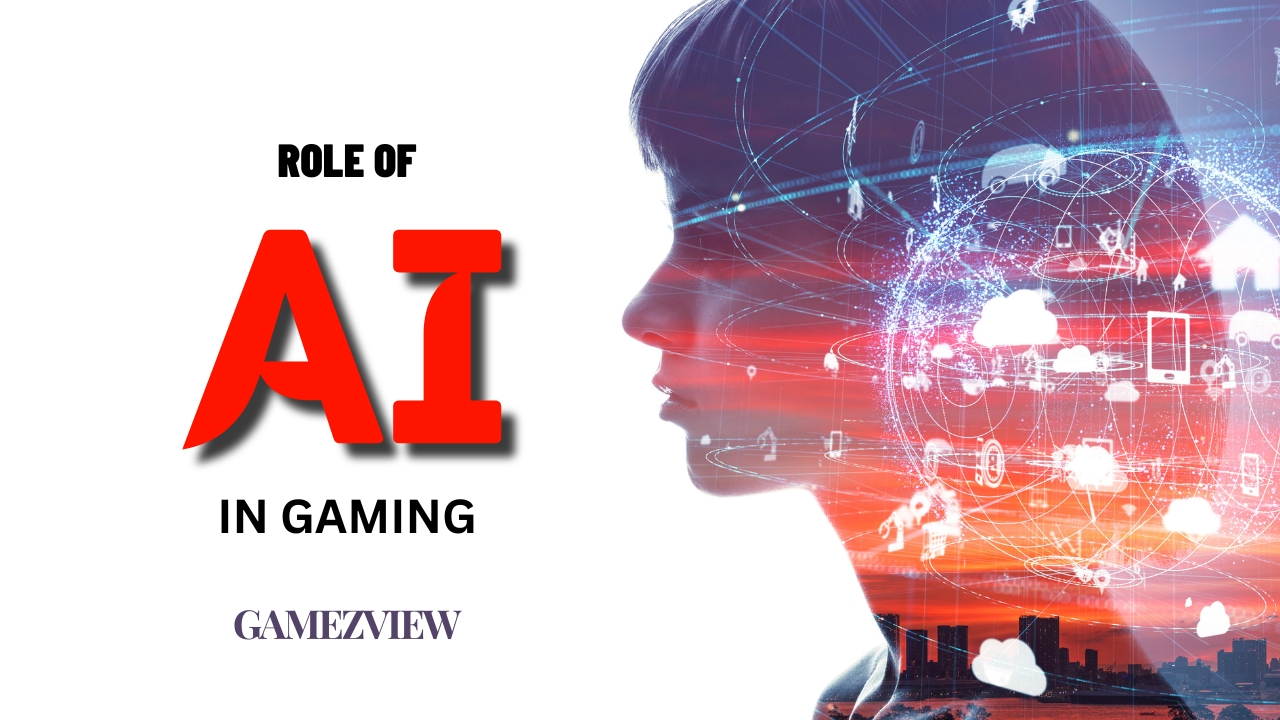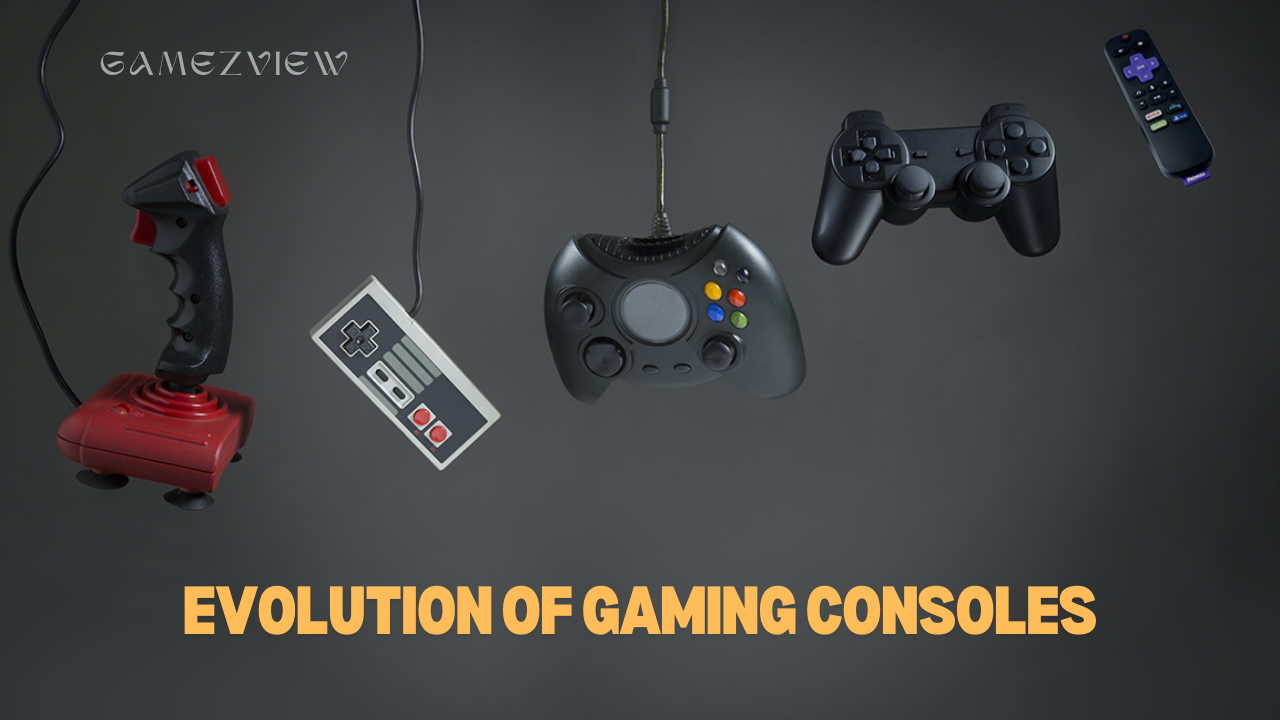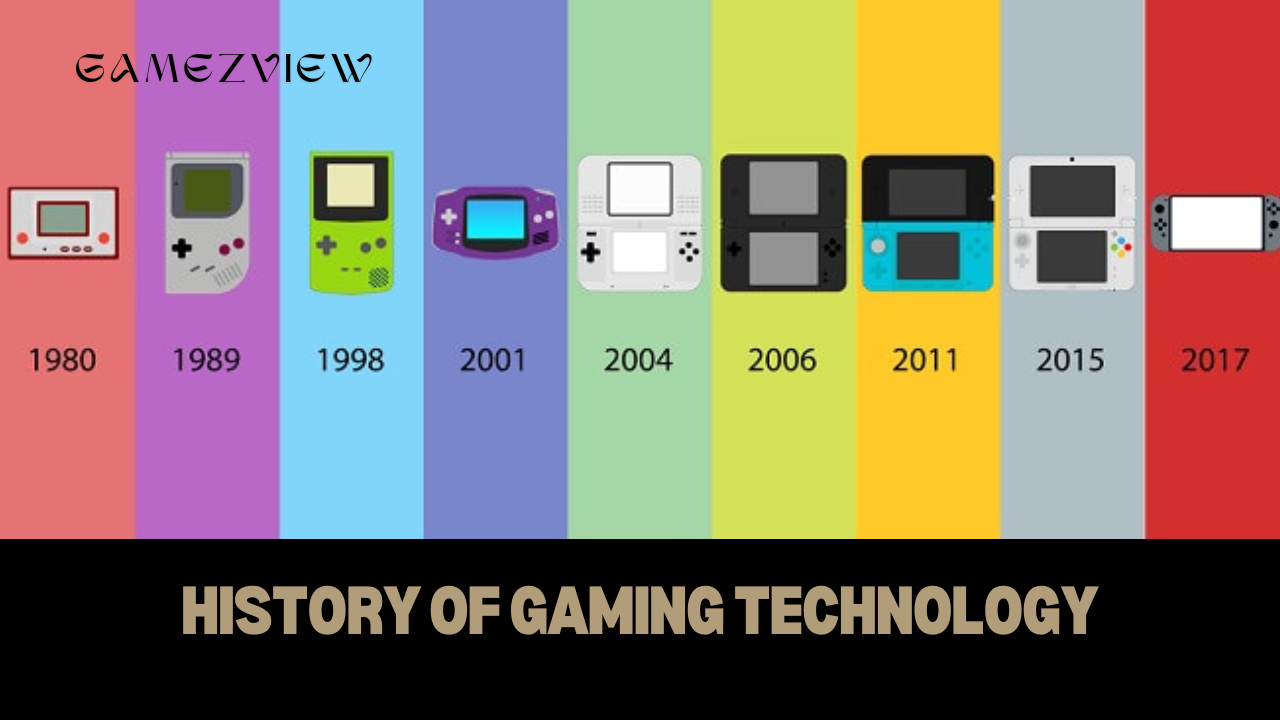In recent years, the gaming industry has undergone a remarkable transformation propelled by advancements in artificial intelligence (AI). From immersive gameplay experiences to dynamic storytelling, AI has become an integral part of modern gaming. In this comprehensive article, we will explore the multifaceted role of artificial intelligence in gaming and how it is reshaping the future of entertainment.
Understanding Artificial Intelligence
Before delving into its application in gaming, let’s first establish a fundamental understanding of artificial intelligence. AI refers to the simulation of human intelligence processes by machines, typically computer systems. These processes include learning, reasoning, problem-solving, perception, and language understanding. AI systems are designed to analyze vast amounts of data, recognize patterns, and make decisions with minimal human intervention.
Evolution of AI in Gaming
The integration of AI into gaming has been a gradual process, evolving alongside technological advancements. Initially, AI was primarily used to create non-player characters (NPCs) with pre-defined behaviours and decision-making algorithms. These NPCs followed scripted paths and provided limited interaction with players.
However, with the advent of machine learning and deep learning algorithms, AI in gaming has reached new heights of sophistication. Modern game developers harness the power of AI to create dynamic, adaptive environments that respond intelligently to player actions. This dynamic approach to game design has revolutionized the gaming experience, offering players unprecedented levels of immersion and realism.
Applications of AI in Gaming
1. Procedural Content Generation (PCG)
Procedural content generation is a technique widely employed in game development to create vast, diverse game worlds efficiently. AI algorithms are used to generate terrain, landscapes, characters, and even entire levels procedurally. This approach not only saves time and resources for developers but also ensures that each playthrough offers a unique experience for players.
2. Adaptive Gameplay
AI-driven adaptive gameplay is another prominent application in modern gaming. By analyzing player behaviour and performance in real-time, AI systems can dynamically adjust the game’s difficulty level, pacing, and challenges to optimise the player experience. This adaptive approach ensures that players are continuously challenged without becoming frustrated or disengaged.
3. Natural Language Processing (NLP)
Natural language processing technology enables AI systems to understand and respond to player input in natural language. This capability enhances the immersion and interactivity of narrative-driven games, allowing players to engage with characters and environments using speech or text commands. NLP also enables more sophisticated dialogue systems and branching storylines, giving players greater agency and freedom of choice.
4. Behavior Prediction and Analysis
AI algorithms can analyze vast datasets of player behaviour to predict trends, preferences, and playing styles. This predictive analytics helps developers tailor game experiences to specific audience segments, ensuring maximum engagement and retention. Moreover, behaviour analysis can identify cheating or abusive behaviour in multiplayer games, enabling developers to maintain fair and enjoyable gaming environments.
5. Proactive Content Delivery
AI-powered recommendation engines play a crucial role in modern gaming platforms, such as Steam, PlayStation Network, and Xbox Live. These engines analyze player preferences, playing habits, and social interactions to suggest personalized game recommendations, downloadable content (DLC), and in-game purchases. By leveraging AI, gaming platforms can enhance user engagement, drive sales, and foster community interaction.
Challenges and Ethical Considerations
While the integration of AI in gaming offers numerous benefits, it also presents several challenges and ethical considerations. One of the primary concerns is algorithmic bias, where AI systems may inadvertently perpetuate stereotypes or discriminate against certain demographic groups. Developers must implement safeguards and ethical guidelines to mitigate these risks and ensure fair and inclusive gaming experiences for all players.
Another challenge is the potential impact of AI on job displacement within the gaming industry. As AI technologies automate certain aspects of game development, there is a risk that traditional roles, such as game testers and level designers, may become obsolete. However, many experts argue that AI will augment rather than replace human creativity, allowing game developers to focus on more complex and innovative tasks.
Future Trends and Possibilities
Looking ahead, the future of AI in gaming holds tremendous promise for innovation and creativity. Emerging technologies such as virtual reality (VR), augmented reality (AR), and mixed reality (MR) are poised to transform the gaming landscape, offering unparalleled levels of immersion and interactivity. AI-driven procedural generation and adaptive gameplay will continue to evolve, blurring the lines between reality and virtuality.
Furthermore, AI-powered virtual assistants and chatbots are likely to become integral components of gaming experiences, providing players with personalized guidance, support, and companionship. As AI technologies become more sophisticated and ubiquitous, we can expect to see increasingly immersive, engaging, and socially connected gaming experiences that transcend traditional boundaries.
Artificial intelligence is revolutionizing the gaming industry in profound and unprecedented ways. From procedural content generation to adaptive gameplay and natural language processing, AI is reshaping the future of entertainment. While challenges and ethical considerations remain, the potential for innovation and creativity is limitless. As we embrace the transformative power of AI, we embark on a journey towards a new era of gaming where imagination knows no bounds.



